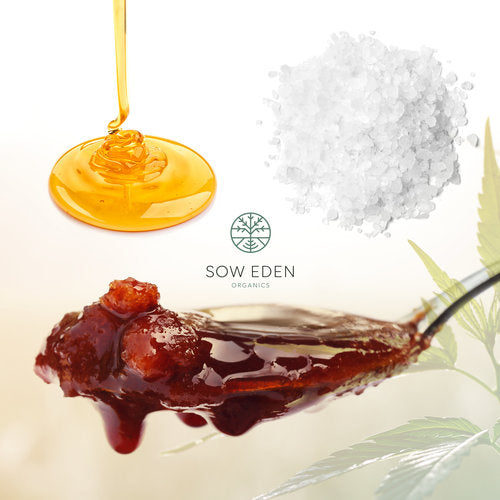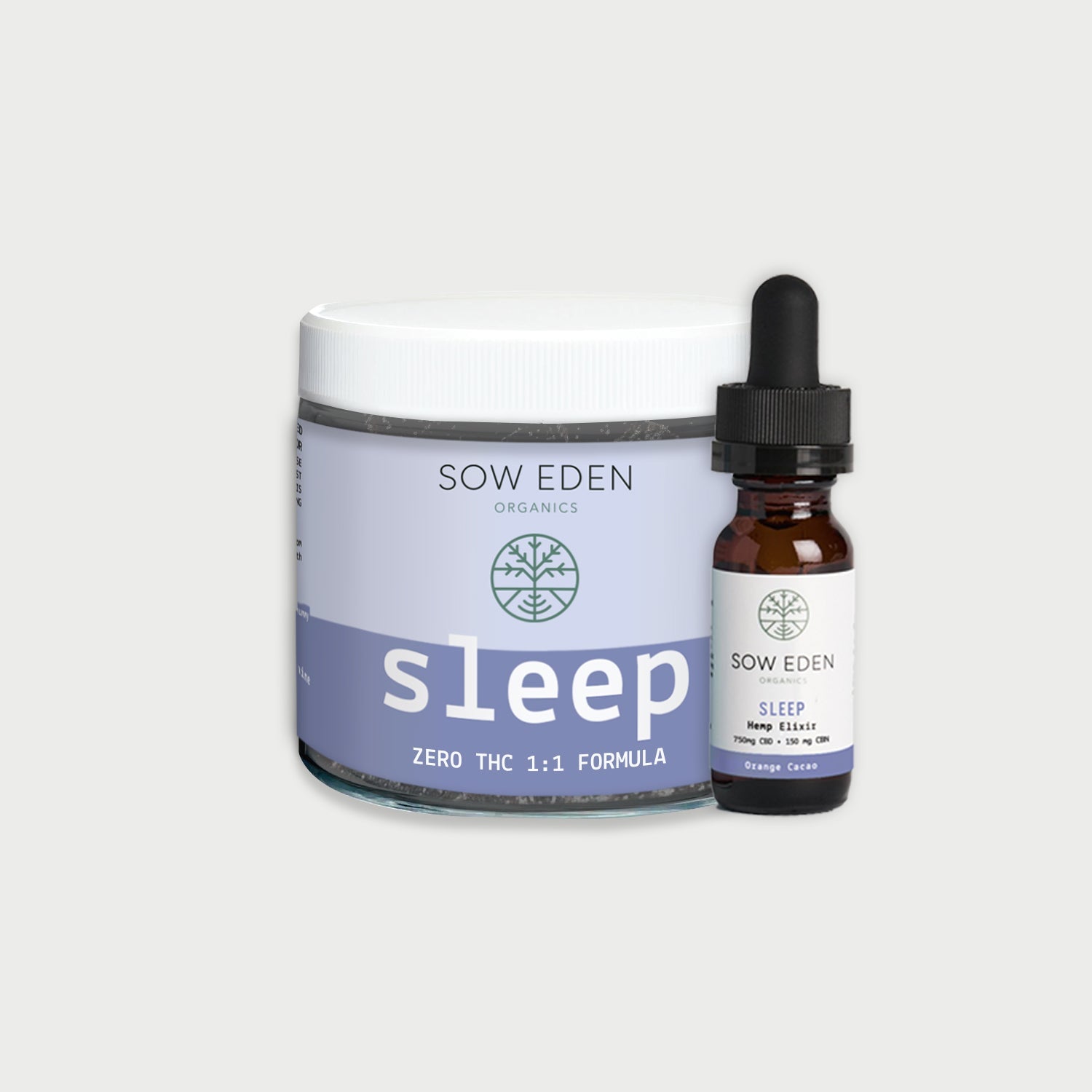The CBD market is booming worldwide. Driven by its legalization for industrial applications and its numerous health benefits, CBD-infused products are in high demand.
Quick facts about the CBD market: - Legal in many countries for various uses. - High demand in pharmaceuticals, personal care, cosmetics, food, and beverages. - U.S. sales expected to reach $19.5 billion by 2025. - Major benefits include pain relief, anxiety reduction, and skin care.
CBD, short for cannabidiol, is a compound found in cannabis plants that boasts numerous therapeutic properties. Its growing popularity is largely due to scientific studies confirming its effectiveness in treating conditions like anxiety, depression, epilepsy, inflammation, and more. Over recent years, many countries have embraced its medicinal benefits, leading to a surge in demand for CBD products like oils, gummies, and lotions.
Global Market Trends: - Market Size: The CBD market is expanding rapidly. Forecasts predict significant growth, especially in regions with favorable regulations. - Health Benefits: Increasing consumer awareness of CBD’s health benefits fuels demand. - Regulation: Legal landscapes are evolving, with more countries and regions legalizing CBD for medical and industrial use.
Consumers seek out CBD for a variety of applications. This demand spans across multiple sectors, from pharmaceuticals to personal care, and continues to grow as new products enter the market.

The Current State of the CBD Market
Market Size
The CBD market is experiencing substantial growth. In 2023, the global market size was estimated at $7.71 billion. This figure is expected to rise to $9.14 billion in 2024. The market's compound annual growth rate (CAGR) is projected to be 15.8%, leading to a market value of $22.05 billion by 2030.
Sales Data
In the United States, CBD product sales reached $4.17 billion in 2022. This includes both physical retail and e-commerce sales. However, not all regions are seeing positive growth. For instance, California experienced a 24% decline in cannabinoid sales in 2022.
E-commerce Trends
E-commerce is a significant driver of CBD sales. In 2022, U.S. e-commerce sales of CBD products amounted to $2 billion. This trend is expected to continue, with online sales projected to reach even higher figures by 2026.

Sales Channels
Different sales channels contribute to the CBD market. In 2021, mainstream retail channels like grocery stores, drugstores, and e-commerce platforms accounted for a large share of CBD sales. Dispensaries and pharmacies also play a crucial role, especially for CBD-infused ingestibles.
Regional Insights
The U.S. remains a key market for CBD, but other regions are also showing promise. Europe, for instance, has favorable regulations that support market growth. Countries like Germany, the U.K., and Switzerland are seeing increased demand for CBD products.
Consumer Behavior
Consumer interest in CBD is growing, driven by its perceived health benefits. Nearly 50% of adults in fully legal states are now consuming cannabis products, including CBD. This trend is expected to continue, particularly as more states and countries legalize CBD for medical and recreational use.
Next, we will explore the key drivers fueling the growth of the CBD market, including its health benefits, legalization trends, and rising consumer awareness.
Key Drivers of the CBD Market Growth
Health Benefits
CBD, or cannabidiol, has gained popularity due to its therapeutic properties. Scientific studies have shown that CBD can help with a range of health issues, including:
- Anxiety and Depression: CBD oil is a natural approach to treating anxiety and depression without causing addiction.
- Pain Relief: CBD is effective in reducing pain, especially in conditions like arthritis and multiple sclerosis.
- Cancer Treatment Side Effects: Cancer patients undergoing chemotherapy often suffer from nausea and vomiting, which can be alleviated by CBD oil.
- Seizure Reduction: CBD has proven to be effective in reducing the number of seizures in epilepsy patients.
These health benefits are driving the demand for CBD products in the pharmaceuticals, personal care, and food & beverages sectors.
Legalization
The legal landscape for CBD is evolving rapidly, contributing to market growth. In the U.S., the 2018 Farm Bill legalized the production and distribution of hemp-based CBD. Several states have followed suit, legalizing CBD for medical purposes. For example, states like New Jersey, Delaware, and Florida have approved CBD for medical use.
In Europe, the CBD market is also expanding due to favorable regulations. Countries like Germany, Italy, and the Netherlands have legalized the cultivation and sale of CBD products. This regulatory support is encouraging more startups and established companies to enter the market.
Consumer Awareness
Increasing consumer awareness about the benefits of CBD is another key driver. Educational campaigns and scientific research are helping to demystify CBD. As a result, more people are open to trying CBD products for various health issues.
- Growing Consumer Base: Nearly 50% of adults in fully legal states are now consuming cannabis products, including CBD.
- Support for Legalization: In fully legal states, 84% of adults support some form of cannabis legalization, with 56% supporting full legalization.
These factors are contributing to the rising demand for CBD products across different sectors, from cosmetics to wellness.
Next, we will delve into the challenges and restraints that the CBD market faces, including regulation issues, market volatility, and price fluctuations.
Challenges and Restraints in the CBD Market
Regulation Issues
Regulation is one of the biggest hurdles for the CBD market. While CBD has been legalized in many regions, the rules can be inconsistent and confusing. For instance, in the U.S., hemp-derived CBD is federally legal, but some states still impose strict regulations. States like New Jersey and Delaware only allow CBD for medical use, not recreational. This patchwork of laws makes it tough for businesses to navigate the market and expand operations.
In Europe, the situation is similar. Although growing marijuana is legal in many countries, the cultivation of hemp is tightly controlled. Farmers must buy seeds from certified providers and can only grow hemp in outdoor fields. This adds another layer of complexity for companies looking to enter the European market.
Market Volatility
The CBD market is also highly volatile. Changes in legislation, public perception, and even scientific research can cause significant fluctuations. For example, the market saw a surge when the U.S. legalized hemp-based CBD, but it also experienced downturns due to regulatory crackdowns and safety concerns.
Moreover, the lack of standardization in product quality and safety can make consumers hesitant. A recent Forbes Health survey found that 21% of U.S. adults think CBD should still be illegal, and 19% are undecided. This uncertainty can make it difficult for businesses to predict demand and plan for the future.
Price Fluctuations
Price is another significant challenge. The cost of producing high-quality CBD is high, mainly due to stringent regulatory requirements and the need for third-party testing to ensure safety and efficacy. This makes it difficult for companies to offer competitive prices.
In times of economic hardship, consumers often opt for cheaper alternatives, which can be problematic. Cheap CBD products usually mean lower quality. These products often use CBD isolates or highly refined distillates, which lack the full range of therapeutic compounds found in higher-quality broad-spectrum or full-spectrum CBD products. This can lead to a loss of consumer trust and a decline in market growth.
For example, a Sow Eden blog post highlights the risks of buying cheap CBD, which often contains contaminants like heavy metals and pesticides.
Next, we will explore the innovations and advancements driving the CBD market, including research and development, product development, and the growth of e-commerce.
CBD Market Innovations and Advancements
The CBD market is evolving rapidly, driven by significant innovations in research and development (R&D), product development, and e-commerce growth.
Research and Development (R&D)
R&D is a cornerstone of the CBD industry's growth. Companies are investing heavily to understand the full potential of CBD. For instance, Sow Eden is at the forefront of developing innovative products that cater to a variety of health needs, focusing on the therapeutic benefits of CBD.
Product Development
The variety of CBD products available today is a testament to the industry's innovative spirit. From edibles and topicals to oils and tinctures, companies like Sow Eden are continually expanding their offerings, ensuring that all products are crafted with the highest quality standards.
Additionally, the beauty industry is embracing CBD. Major retailers are recognizing the profitability and consumer demand for CBD products, showcasing the versatility of CBD and its growing acceptance in various consumer markets.
E-commerce Growth
E-commerce has revolutionized the CBD market. Online sales channels allow companies to reach a broader audience, boosting sales and market penetration. In the U.S. alone, e-commerce sales of CBD are projected to hit significant figures by 2026. This trend is not just limited to the U.S.; it is a global phenomenon.
The rise of e-commerce has also led to greater consumer education and transparency. Companies can now provide detailed product information, lab results, and customer reviews, helping consumers make informed decisions. This transparency builds trust and encourages repeat purchases.
Future Projections and Opportunities in the CBD Market
The CBD market is poised for significant growth in the coming years, driven by a combination of expanding legalization, increasing consumer awareness, and continuous innovation. Let's explore the forecast growth, emerging markets, and new product categories that will shape the future of this dynamic industry.
Forecast Growth
Experts predict that the global CBD market will grow at a Compound Annual Growth Rate (CAGR) of 28.1% from 2023 to 2033. By 2033, the market is expected to reach a staggering valuation of US$ 58.83 billion.
- Marijuana-based CBD products: These are projected to grow at a CAGR of 27.7%, reaching US$ 37 billion by 2033.
- Pharmaceutical applications: Demand for CBD in this sector is expected to grow at a 26.3% CAGR, with the market reaching US$ 19.12 billion by 2033.
Emerging Markets
Several regions are emerging as new frontiers for the CBD market:
- Asia Pacific: Countries like Japan and South Korea are opening up opportunities for CBD production and sales due to supportive government policies.
- China: The Chinese market for cannabinoids is anticipated to reach US$ 7.71 billion by 2033.
- United States: The U.S. market is projected to hit US$ 16.59 billion by 2033, driven by increasing legalization and consumer demand.
New Product Categories
Innovation in product development is a key driver of market growth. Here are some of the most promising new product categories:
- Pharmaceuticals: Companies are focusing on developing CBD-based medications for neurological illnesses, epilepsy, and other conditions.
- Cosmetics and Personal Care: CBD-infused lotions, creams, and beauty products are gaining popularity due to their therapeutic properties.
- Food and Beverages: CBD gummies, beverages, and other edibles are becoming mainstream, appealing to consumers seeking wellness benefits.
In conclusion, the future of the CBD market looks bright, with significant growth, emerging markets, and innovative products on the horizon. As the industry continues to evolve, new opportunities will arise for both established players and newcomers alike.
Next, we will address some frequently asked questions about the CBD market, including its legal status, health impacts, and economic implications.
Frequently Asked Questions about the CBD Market
Is CBD Legal in All States?
No, CBD is not legal in all states. While hemp-based CBD is federally legal in the U.S. due to the 2018 Farm Bill, state laws vary. Some states only allow CBD for medical use, and others have stricter regulations.
For instance, states like New Jersey, Delaware, and Florida have legalized CBD for medical purposes but not for recreational use. Conversely, some states have more lenient laws, permitting both medical and recreational use.
To stay compliant, always check your state's specific regulations before purchasing or using CBD products.
How Does CBD Impact Health?
CBD has been recognized for its therapeutic properties through several scientific studies. It interacts with the endocannabinoid system in the body, helping regulate various functions like mood, pain, and sleep.
- Anxiety and Depression: CBD oil is a natural approach for treating anxiety and depression without causing addiction.
- Pain Relief: It is effective in reducing pain and inflammation, making it useful for conditions like arthritis.
- Seizures: CBD has proven to reduce the number of seizures in epilepsy patients.
- Cancer Treatment Side Effects: Cancer patients undergoing chemotherapy often suffer from nausea and vomiting, which can be alleviated by CBD.
According to a Forbes Health survey, nearly 62% of CBD users report using it to treat medical conditions such as pain, anxiety, and depression.
What Are the Economic Impacts of CBD Market Growth?
The economic impact of the CBD market is substantial and growing. The U.S. CBD market saw a dramatic increase from $108 million in 2014 to $1.9 billion in 2022, according to Statista. However, inflation and high costs have recently led to a 10% decline in sales.
Despite these challenges, consumer spending remains robust. Nearly 29% of CBD consumers spend at least $50 per month on CBD products, as noted by New Frontier Data.
The global CBD market is also expanding, especially in regions like Europe, where favorable regulations are driving growth. This creates opportunities for startups and established companies to explore new markets and develop innovative products.
These FAQs provide a snapshot of the CBD market, addressing legal, health, and economic aspects. Stay tuned as we delve deeper into the market dynamics and future opportunities.
Sow Eden
At Sow Eden, we are committed to harnessing the full potential of the CBD market. Our mission is to bring plant-based wellness into your life, and we believe our high-quality, artisanal CBD products are a testament to that commitment.
The CBD market is poised for significant growth. With a projected compound annual growth rate of 15.8% from 2024 to 2030, the market is expected to reach $22.05 billion by 2030. This growth is driven by increasing consumer awareness and the therapeutic benefits of CBD, which are gaining wide recognition in the health and wellness sector.

Market Potential
The demand for CBD-infused products spans various sectors, including pharmaceuticals, personal care, cosmetics, and food & beverages. As regulatory landscapes become more favorable, we anticipate even greater opportunities for expansion. For instance, the European market is characterized by supportive regulations, allowing for the cultivation of high-quality hemp and the production of superior CBD products.
At Sow Eden, we prioritize quality over everything else. Unlike many companies that opt for mass production, we focus on creating unique, in-house formulations using the highest quality CBD extracts. This dedication to quality ensures that our products offer the most therapeutic benefits possible.
Future Outlook
The future of the CBD market looks promising, with new product categories and emerging markets on the horizon. Innovations in research and development will continue to drive product advancements, making CBD more accessible and beneficial to a broader audience.
We are excited to be at the forefront of this rapidly evolving market. Our commitment to quality, combined with our deep knowledge and passion for the cannabis plant, positions us well to lead the way in providing the best hemp-derived CBD products available.
As the market continues to grow, we will remain dedicated to our mission of sowing the seeds of wellness through high-quality, plant-based products. We invite you to explore our premium organic CBD products here and join us on this journey towards better health and well-being.
In summary, the CBD market is set for robust growth, driven by increasing consumer demand and favorable regulations. At Sow Eden, we are proud to offer top-tier CBD products that stand out in a crowded marketplace. The future is bright, and we are excited to continue innovating and expanding our offerings to meet the needs of our customers.





